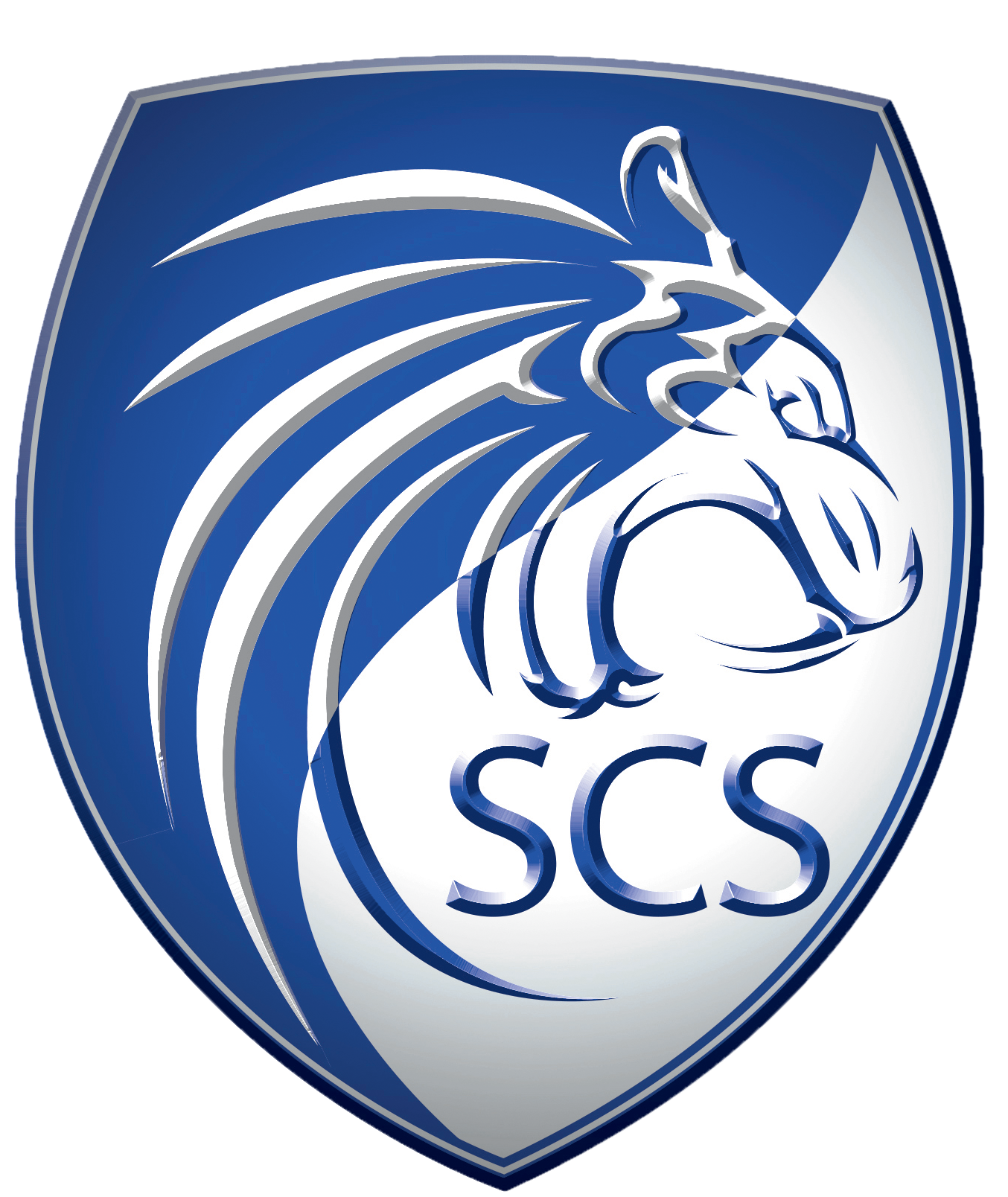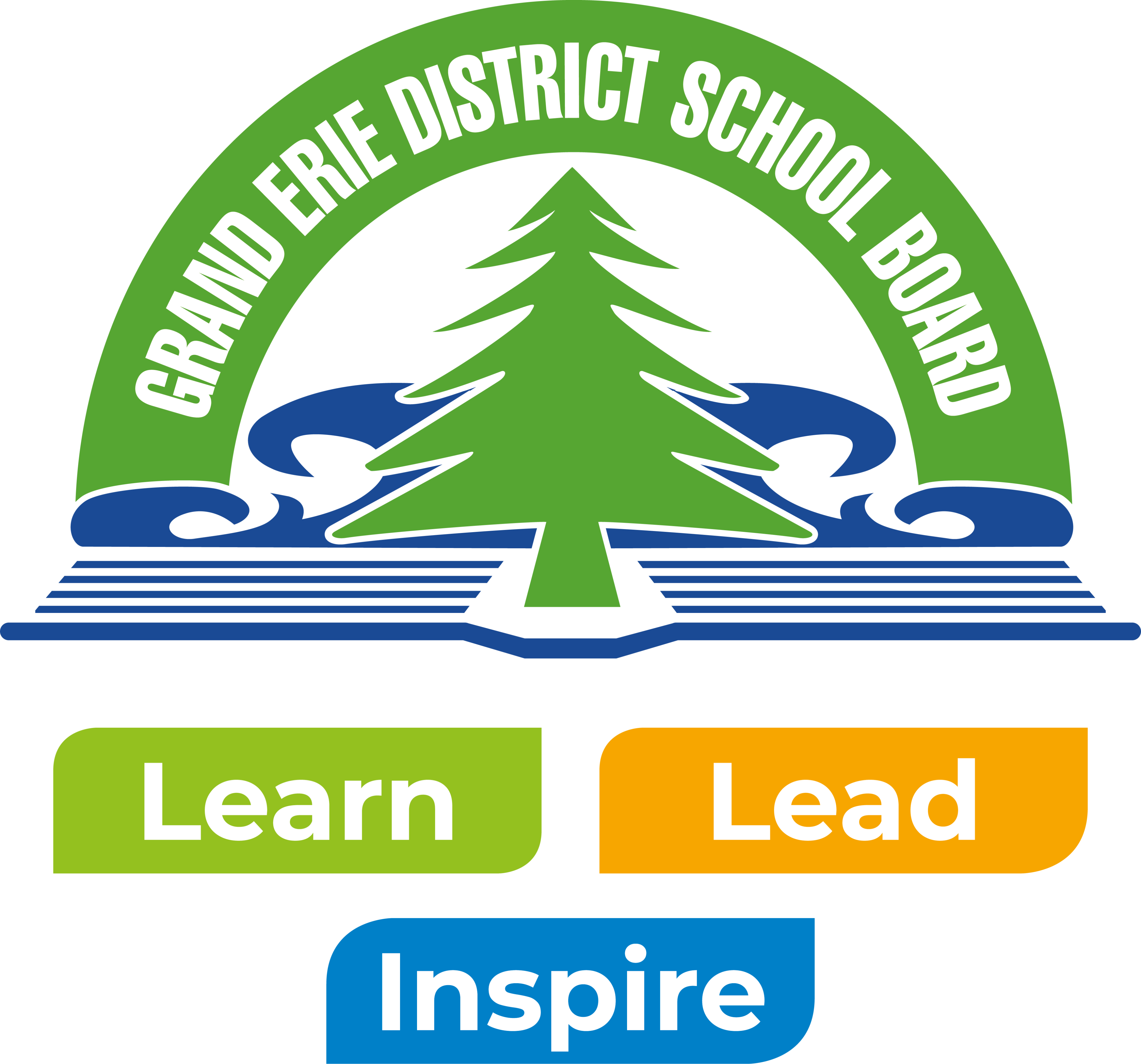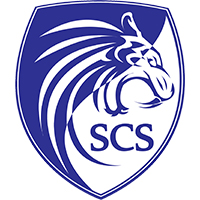
Simcoe Composite Secondary School
40 Wilson Drive
Simcoe ON N3Y 2E5
Tel: (519) 426-4664
Email: simcoecomposite@granderie.ca
Principal
Jennifer Ippolito
Vice Principal
Eric Stigter
School Secretary
Megan Allen
Bell Times
Period 1: 9:00 a.m. To 10:15 a.m.
Period 2: 10:20 a.m. To 11:35 a.m.
Lunch: 11:35 a.m. To 12:15 p.m.
Period 3: 12:15 p.m. To 1:30 p.m.
Period 4: 1:35 p.m. To 2:50 p.m.

Grand Erie District School Board
349 Erie Avenue Brantford
ON N3T 5V3 Canada
Tel: 519-756-6301 (or 1-888-548-8878)
Email: info@granderie.ca
© Grand Erie District School Board 2025
